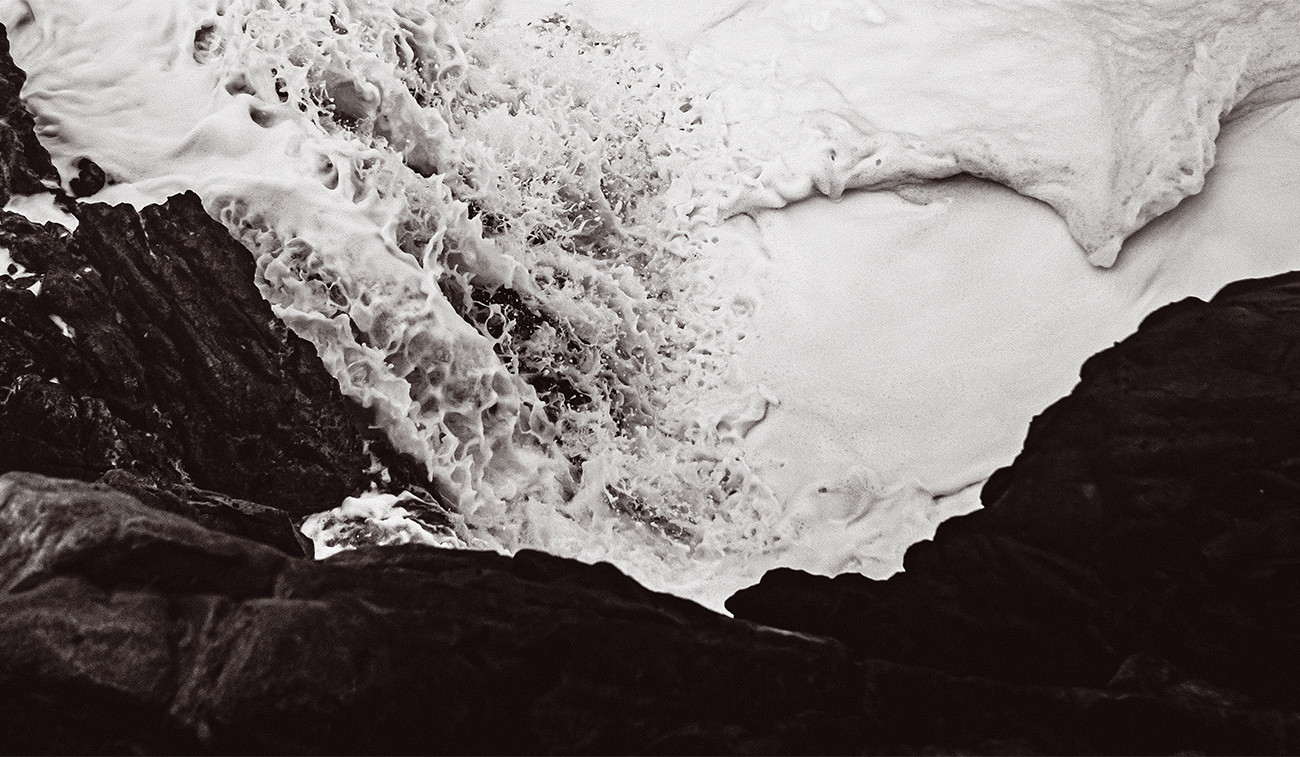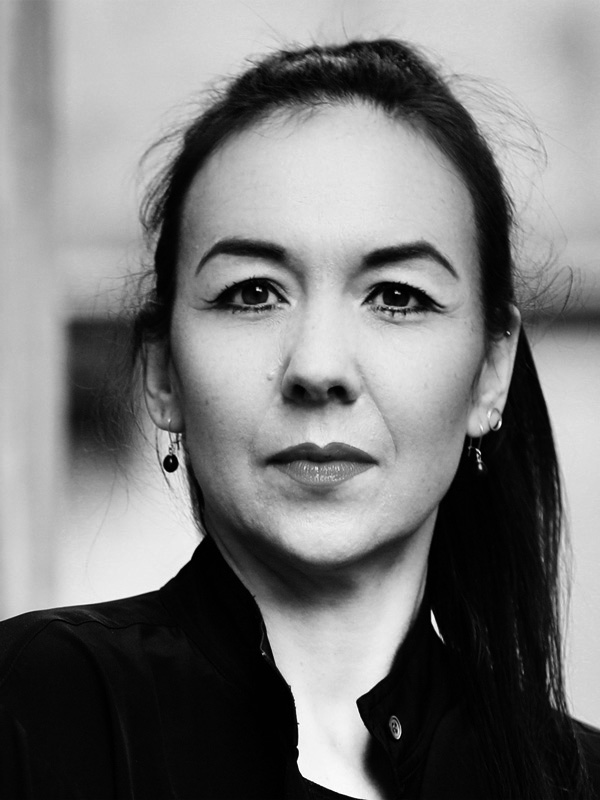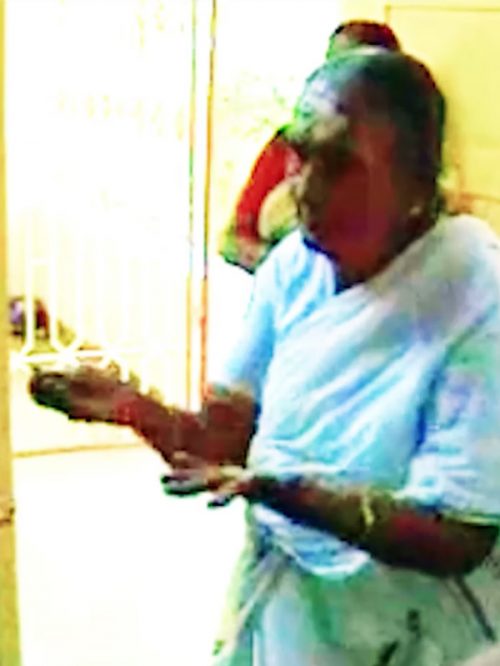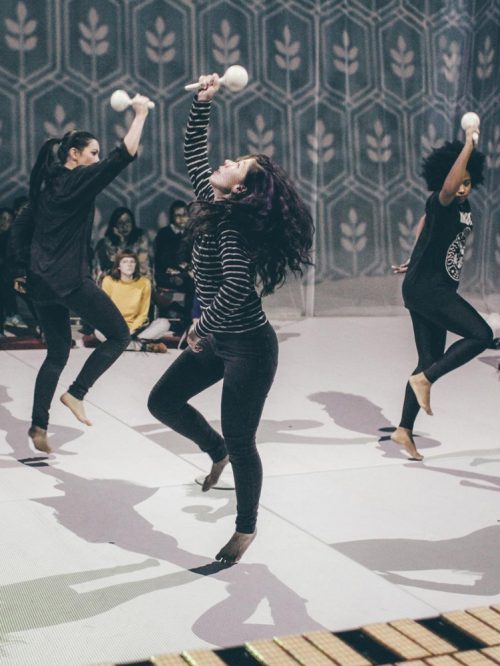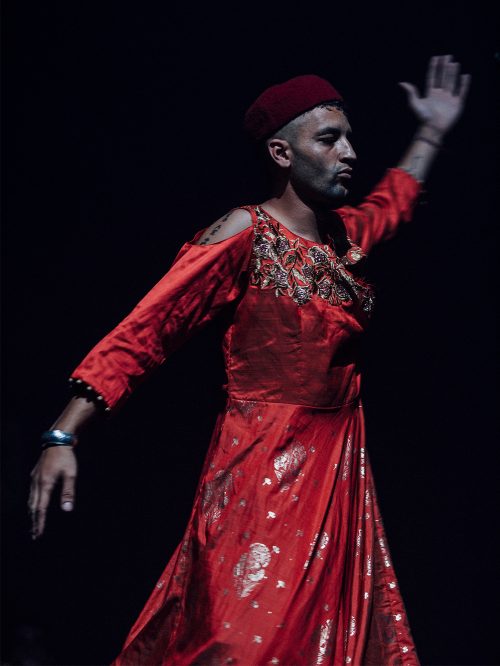Why intimacy is the sphere where Dance becomes evident in the evolution of human kind in a globalized, capitalist world
“The body is the zero point of the world. The place where paths and spaces cross . The body itself is nowhere. It is the tiny utopian core at the center of the world.”[1]
In reality my body is always somewhere else. Being linked to all somewhere else’s in the world. In reality my body is always somewhere else. It is somewhere else in the world. In reality my body is always somewhere else …
The body is the zero point of the world. The place where paths and spaces cross.
I agree with Foucault’s statement.
Beeing born with a body that carries both German and Chinese heritage and roots I have always been confronted with racism. I have not realized it for a very long time because within myself, my body and my sense of being (a life) I have always been interconnected with everything I was surrounded by. People, nature, ideas.
Beeing German without being German has always been an aspect of my personality and identity that felt empowering to me.
Also beeing “be-othered” was empowering me instead of creating negative feelings.
I have always been: somewhere else. My body has always been a zero point in the world – the place where the paths and spaces of my heritage(es) and my roots cross.
Racism never bothered me, because I had not been educated to feel offended by racism. I was me. And that was good. Nothing but MY body matters (when I dance).
The body is the zero point of the world. The place where paths and spaces cross. If we continue this line of thinking and see the body that way, intimacy is the space where I can share that “no-whereness” with someone else. If in dance the body is always somewhere else, and your body is always somewhere else and our bodies become the zero point of the world, the place where paths and spaces cross:
we can be a point zero in space and time together when we dance.
Intimacy is the permission for my body to “just be” in the here and now, in the noW/Hereness. Intimacy means to me to allow the being to just be… nothing more. With no intention and not in a productive state of being.
Practically intimacy means to listen to myself with all my senses and putting the analytical mind to rest, putting the ego to rest.
This is what we can do on stage. We listen together to all the bodies on stage and around stage. That is why we can use the stage for decolonizing and empowering interventions. We can design safe(r) spaces where people can meet on a base of intimate connection(s) and these spaces can allow everybody to overcome judgemental thinking and societies categories. Stage can free us from the authority of a globalized and capitalist world. The stage can be the bridge between the intuitive ancient wisdom of our bodies and the not-understandable complex world that forces us to be driven by our egos.
The ego dissolves in the water of our body, the water within our cells. The ego dissolves in the ancient knowledge of our body and therefore it no longer tries to find perfection in itself, but in the all-connectedness of water within all people. In water it is no longer the categories that are of interest.
If I am intimate with myself and if I really share myself in the here and now, if I open up myself to others, to other human beings, then intimacy arises. If I am able to let go of judgement and categories, if I can meet “the other” with an untamed mind, with a fresh look and with the knowledge of colonial structures and the intent to let them vanish – then I am allowing intimacy. It is that permission and that choice of intimacy that makes us human.
The philosopher Emmanuel Levinas formulated the not easy thought:
“The transcendence of the other, which constitutes his […] glory, includes in its concrete meaning his misery, his homelessness and the right that belongs to him as a stranger.”[2] Levinas thinks of ethics and the individual in terms of his unavailability. A thinking that is already expressed in Martin Buber’s[3] philosophy that the I only becomes the I through the You. Levinas reinforces this thought that one’s own thinking, speaking and existence is only possible through the other, in that he does not recognize the other as strong and powerful, but as weak, displaced and alien.
I was a dancer in the world of Classical Ballet for a very long time of my life. Being trained in highly hierarchic, racist and sexist institutions, I have become very defensive and hard in both my mind and my body after some time.
It took a long process of healing and understanding that it was not my fault to be/ have a body that is not White, what was the desired stereotype of a ballerina and that not I was a misfit, but the system is failing.
It took a long time to understand that the teachers and directors I was working with were themselves weak, displaced and alien. They were failing because the system could not educate them better. It took intimate acts towards them and myself to understand the unavailability of “these others”.
Returning to Foucault: the choice to allow intimacy can create an utopian core at the center of the world. Through choosing to define my me through the you. Our egos dissolve in the water of our bodies, our egos dissolve in the ancient collective knowledge of our bodies and therefore it no longer tries to find perfection in itself, but in the all-connectedness within all creation.
A state where categories are no longer of interest, but – and here we are again at Levinas – the untamed multiplicity of the other, of the others in their poverty, in their misery, in their vulnerability.
The reality humankind has created has lost that interconnectedness, since there is no space for intimacy in this rational and globalized, capitalist world. That’s why we need a new concept of intimacy – related to the body’s state of rest and “unproductivity”.
Intimacy is something we can only share, when we return to a state of rest and remember what is essential to life and place value on our inner self, the “non- reproducible magical soul”, the aura, the prehistoric part in every individual.
Obviously it is not a productive state of being, when you look at it through the lens of globalization and a capitalist society. Since it means that we would free ourselves from a system of productivity and exploitation. That is why intimacy becomes something so fragile. When we are true to ourselves, no dollars are produced. That means whenever there’s an intimate moment that might not serve the globalized production system, it vanishes into thin air. Which is exactly why the construct of intimacy is so important and why we have to be very careful and have to look out for when politics are intervening and controlling the zones and spaces where intimacy is possible.
My own policy of intimacy:
Intimacy is nothing that I can analyze with my mind and with my rational brain. Intimacy is a feeling down in my guts, it’s my cells intelligence, it’s cell memory.
In the end intimacy is, if we look at it from a biological standpoint, the memory of being safe, comforted and nourished in the womb. Throughout our lives we try to get back to this state of infinite love and security. Intimacy is a space, a feeling, a sensation, a longing.
Something we’re all trying to find throughout our life, but we’re often struggling with. We don’t know how to define our intimacy and neither do we know where our intimate spaces take place.
During my work as a hospice helper, I accompanied people passing. I saw a strong connection between people leaving this world and new born babies. It’s how they ARE. They’re state of being. They are, but without any consciousness of being.
The whole experience is very direct and strong. You can feel the body’s intelligence and mind in the cells, in the flesh, in the skin, in everything.
This is the space where I see, I experience intimacy.
It’s allowing ourselves to be here and now and not being judged, not being put into a certain category. Whenever a child is born or a person passes, we pass this state of being here and being vulnerable. Being transparent, in a way, to the other side and being void of identity.
I think intimacy is very much related to what I call a metaphysical or spiritual state. Where we allow ourselves to be. Just as beings. Without defining ourselves as human, without identity.
I think this is the most comforting and also, in our capitalist and rational times, the most important state to define and redefine for us as a society. Giving space to intimacy, to allow vulnerability, to allow people to show what they really are. When we allow ourselves just to be, with everything that is, and if we’re together with nature, we allow ourselves to flow with the pulse of the universe. We allow ourselves to feel the earth’s rhythm. Because we let go of our analytical mind, that constantly tells us what to do and to control ourselves.
To me, intimacy is a spiritual state of being, intimacy is the space where we can find our true selves.
Political and rational decision making is having a big impact on us. Intimacy means to see where our society is at the moment.
We have to empower ourselves through intimacy. Abusive situations, all the hurtful intimacies, domestic violence, exploitation and isolation are accepted as dynamics we have created. But only we can empower ourselves to change. We are allowed to be in vulnerable situations that make us feel ashamed, small or unworthy. Because this is “normal”, because this is allowing intimacy.
We have to remember our own dignity and the power of transformation and therefore we have to change our constructs of togetherness.
Human kind has to become a swarm again and to reconnect to swarm intelligence.
My personal awakening was to allow intimacy to myself. To remove myself from the productive system of the Ballet world and later on the also globalized world. To trust that through Swarm intelligence I will meet the right people, ideas, actions. I think awakening is a process that never ends. And I am “working” on it and playing with it every day.
I awakened when I understood that the I only exists through the YOU – that I exist beyond categories.
Suggested Citation
Ma, Hannah. 2021. “Why intimacy is the sphere where Dance becomes evident in the evolution of human kind in a globalized, capitalist world.” In: Moving Interventions 1: Ambiguous Potentials // Performative Awakenings, December 2021. Edited by / Herausgegeben von: Sarah Bergh and Sandra Chatterjee, with Ariadne Jacoby (CHAKKARs – Moving Interventions), copyedited by: Veronika Wagner. Published by / Veröffentlicht von CHAKKARs – Moving Interventions.
[1] Michel Foucault (2006): “The utopian body.” In: Sensorium. Embodied experience, technology, and contemporary art. Edited by Caroline A. Jones, Cambridge, MA. The MITpress, pp. 232-233.
[2] Levinas, Emmanuel (1987): Totalität und Unendlichkeit. Versuch über Exteriorität. Freiburg, München, Verlag Karl Alber, pp. 103.
[3] Buber, Martin (1997): Ich und Du. Gerlingen, Verlag Lambert Schneider.
About the author
Hannah is a German/Chinese choreographer. She was born in Berchtesgaden, Bavaria in Germany. Her focus is on contemporary rituals and the translation of archaic roots within our society. Her works are divided in twochoreographic directions: “Taming Monsters” and “Transformances”.
Hannah reflects on eurocentrism, (post-)colonialism, racism, sexism and focuses on diversity mainstreaming, empowerment of feminist actions and gender fluidity. Her choreographic language is creatively mixing elements of dance and theatre, of ballet, dance theatre and performance.
Hannah is and has been working with and been supported by:
Théâtre National Luxemburg; Trois C-L | Choreographic Center Luxemburg;Ruhrfestspiele Recklinghausen; the German Unesco Commission; Festival Passages Metz; German Consulate General New York; Dachverband TanzDeutschland; Fonds Darstellende Künste; Arp Museum am Rolandseck; UJ Arts & Culture Johannesburg; National Arts Festival South Africa; MAC Creteil Paris; and others.
In addition to her work as an artist, producer and curator, Hannah has also worked as a hospice helper since 2021.


